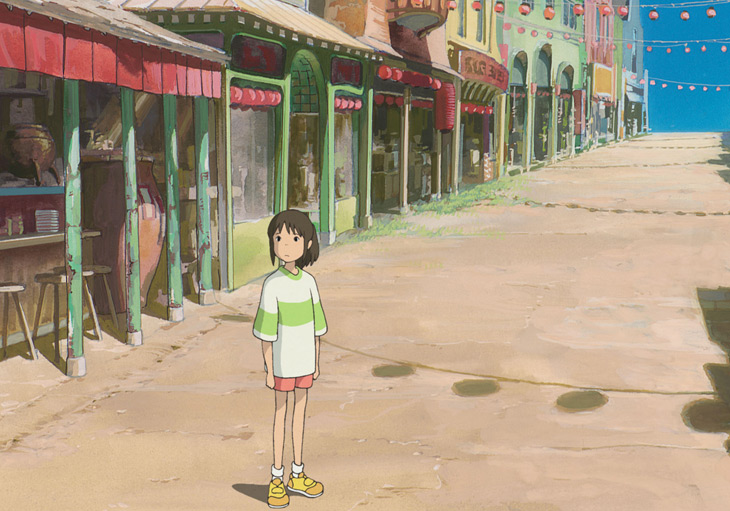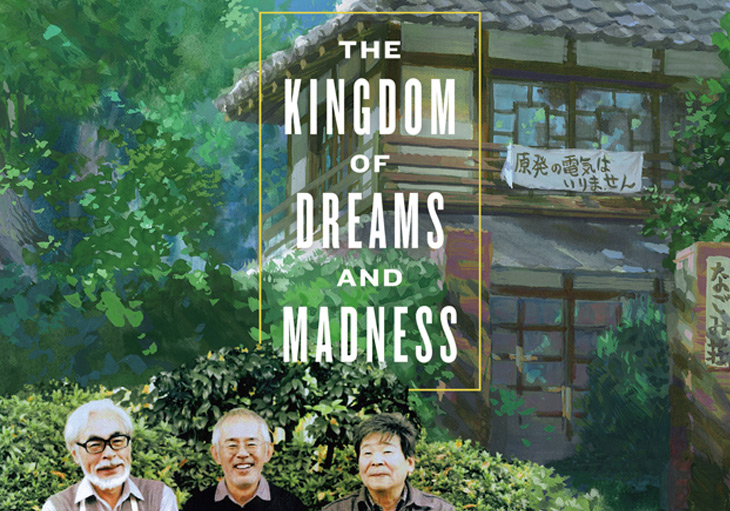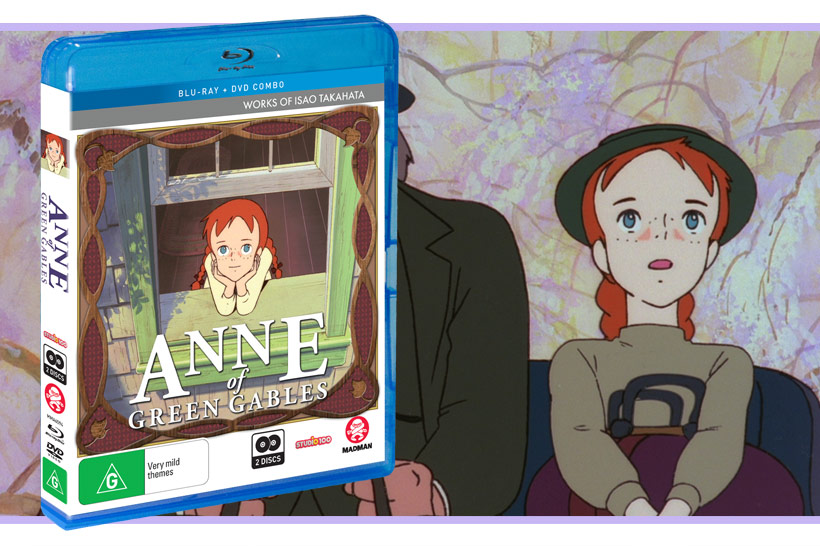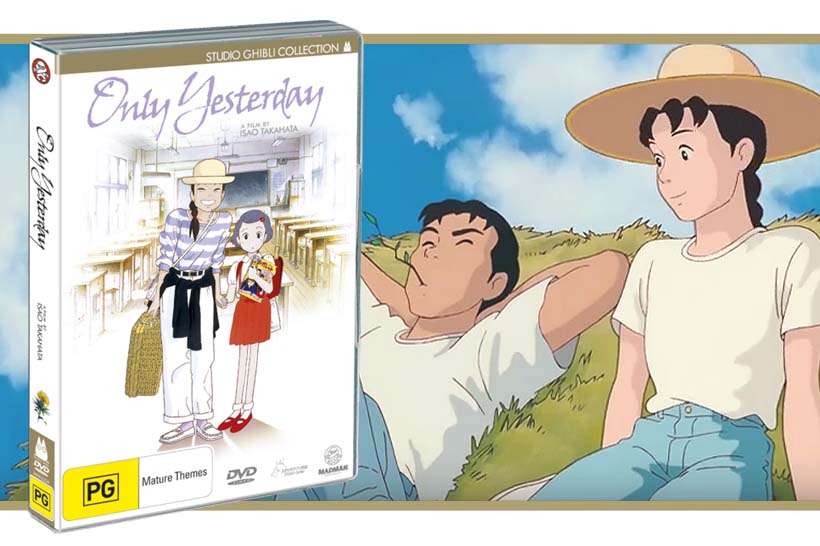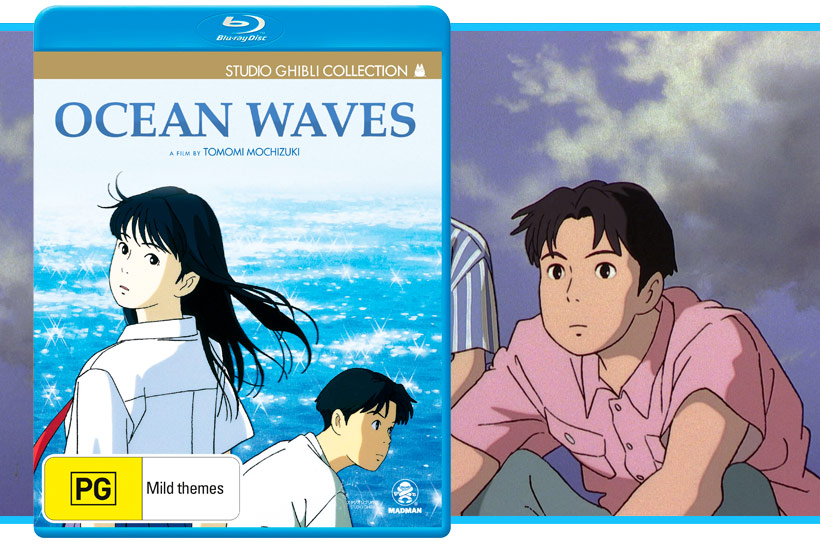Spirited Away was the right movie for the right time when it came out in 2001. Anime fandom was on a rapid incline in the US and local fandom in Australia was following suit. The film pushed Studio Ghibli into the international spotlight after winning awards at home and in Europe before snaring itself an Oscar in 2003. It’s not only the most commercially successful Studio Ghibli film made to date, it’s also the most commercially successful Japanese film of all time. It also happens to be one of my favourite movies, anime or not, so it was a pleasure to jump back in to rediscover it in HD.
Miyazaki’s 2001 follow-up to Princess Mononoke echoes a range of familiar themes – the marriage of the fantastical and the profane, lashings of Japanese spiritualism, transformation and empowerment of a female protagonist, and the kind of sumptuous attention to detail that only a Studio Ghibli production can offer. The story of Chihiro’s development and finding herself is a beautiful journey, with just the right amount of reflective interleudes and hyperbolic action sequences.
In writing this review I honestly wasn’t sure how to approach it, so instead of focusing on retelling the plot I thought it more appropriate to reflect on what makes this journey so special. Chihiro comes across as apathetic and whingy at first, lacking backbone but demonstrating an inner strength that makes her believable and relatable. What’s interesting is reflecting on how she grows over the course of the movie, and without the use of cliched tropes, we experience this amazing and believable transformation, the proverbial crucible effect of burning away the impurities to leave something pure in its wake.
The movie’s place in history is also interesting. In 2000 in the lead-up to Spirited Away’s release we were busy hitting up Nausicaa.net for the latest Ghibli news and Princess Mononoke finally screened locally in 2001 (better late than never!). In fact, Anime Inferno co-founder Inferno and I were there to bask in Miyazaki’s belated release on the big screen, so the rapid explosion in anime fandom saw Spirited Away hit local cinemas in 2002. DVD was rapidly evolving beyond the enthusiasts and suddenly we were all adding 5.1 setups and coveting component-input ready CRTs (standard-definition plasma sets were commanding big dollars and Sharp’s first LCD TVs were fighting hard for the future). DivX codecs were controversially suggesting a future of efficient video encoding methods that promised a future beyond RealMedia’s that we wouldn’t see in Australia until 2015 in the mass-market (yay for Netflix!). In short, a lot was happening in the shrinking nature of nerd culture and technology.
In this time capsule Spirited Away demonstrated a marrying across the transition of technologies and viewing habits. The movie was Miyazaki’s first foray into a fully digital production, with CGI being implemented as a technical requirement for selected scenes in Princess Mononoke, but the surprising thing about Spirited Away is that it still manages to feel organic with its restrained use of technical showpieces. Colours are rich but the linework still retains personality and the painted backgrounds marry the vision and helps keep the digital work feel grounded. Miyazaki’s vocal cast are a great fit for their roles – expressive but not overblown or melodramatic unless the character or scene requires it. I love over the top stuff as much as anyone else, but the choice of cast are superb in their subtlety and range. Joe Hisaishi’s score and its use of pianos and strings are melancholic but forms the perfect backdrop that aligns the production values in just the right way. Miyazaki realised his vision with Spirited Away, it all works in perfect harmony.
Madman’s local DVD release of Spirited Away gathered accolades amongst the nerdier anime fans for fixing the infamous red tint affecting the NTSC copies (including the Japanese R2 release despite the fact Ghibli’s native releases typically featured reference-quality transfers). The Blu-Ray transfer does the source material justice and looks superb in all its 1080p and 24fps goodness. The HD audio follows suit, erring more on the side of atmospheric rather than super-dynamic and the extra range afforded by the high definition transfer sounds great, especially the richness of the score. The disc features some other extras, and given the bouts of deja vu while checking them out, were possibly seen in some of the earlier DVD releases.
I’m happy to put my fandom and love for this movie out there – I think it’s superb, balanced, reflective and beautiful, so this spiel probably (definitely) lacks objectivity. I don’t care though. Spirited Away transcends anime fandom and you owe it to yourself to add this disc to your nerdshelf.
A review copy was provided by Madman Entertainment to the author for the purpose of this review.

